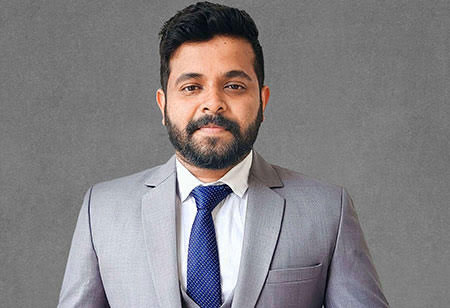
Do Indians Really Work Less?


Sujith Vasudevan, Managing Editor, 0
On the flip side, the industry “commentators” are not helping them. The trend of blaming
the Indian work force for not working hard was started by Infosys co-founder Narayana Murthy, who said that Indian IT professionals should work at least 70 hrs per week. The Indian workforce is traditionally known for its hard-working culture, just like the old adage (even though it comes from a racial slur): “too many chiefs and not enough Indians.” It’s an irony that the workforce that ensured this racial slur is now being called “not hard-working enough.”
These external pressures are affecting the HR departments as well. Going forward, they will have the bigger job of comprehending the challenges the employees face, including what they are struggling with inside and outside of work. This implies that employees will need support, including enhanced sick leave, financial assistance, adjusted hours of operation, and childcare provisions. In the long run, HR leaders will also need to pilot the transition from an efficiency-driven to a resilience-driven organization. In this special issue of CEO Insights, we feature some of the stellar HR leaders. Do let us know your thoughts.
These external pressures are affecting the HR departments as well. Going forward, they will have the bigger job of comprehending the challenges the employees face, including what they are struggling with inside and outside of work. This implies that employees will need support, including enhanced sick leave, financial assistance, adjusted hours of operation, and childcare provisions. In the long run, HR leaders will also need to pilot the transition from an efficiency-driven to a resilience-driven organization. In this special issue of CEO Insights, we feature some of the stellar HR leaders. Do let us know your thoughts.